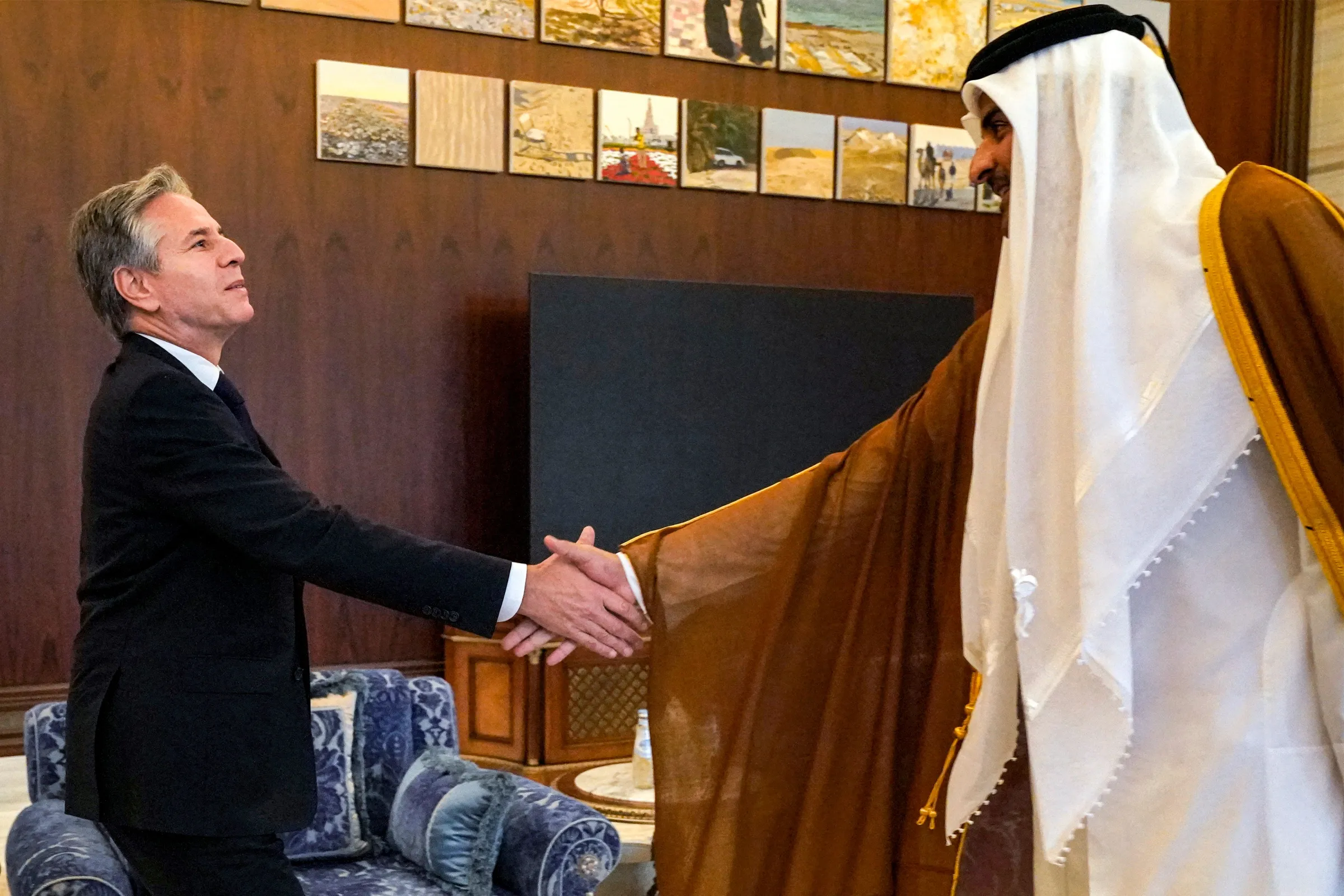Over the past few years, Qatar’s relationship with Hamas has been the focus of significant international attention. In contrast, others have questioned whether this country in the Gulf supports a designated terrorist organization, as declared by the United States, the European Union, and several other countries. Hamas was one of the leading political forces in the Israeli-Palestinian conflict; they believed Palestinian statehood must be achieved through armed struggle. Despite being branded as a terrorist organization by most countries, Qatar has continued to pursue an engagement policy with Hamas and presented itself as a facilitator of regional peace processes.
Such a stance has sparked much debate on Qatar’s real intentions and position in the Middle East. On the one hand, Qatar views itself as a protector of Palestinian rights, providing humanitarian aid and engaging in dialogue concerning the exercise of Palestinian aspirations.’ On the other hand, it is criticized for supporting Hamas, complicating more considerable peace efforts, and bringing questions into the nation’s alleged allegiance with more radical elements within the region.
Doha’s Foreign Policy
Since the eruption of the Israeli-Palestinian conflict, the Qatari government has been very vocal in its unequivocal support for Palestinian sovereignty and rights. The state provides financial assistance to Gaza through various humanitarian initiatives. It finances infrastructure, healthcare, and educational projects in Gaza, which bear the brunt of the Israeli-Palestinian conflict. Qatar’s relations with Hamas, in this regard, are portrayed as a way of dealing with the humanitarian crisis in Gaza and preventing further instability in the region.
‘Yet, at the same time, Qatar has been playing the delicate balancing game and supports various international players, including American and UN efforts for a peaceful Middle East. Its approach is often termed “soft power,” using diplomacy, humanitarian aid, and strategic partnership to influence regional stability without force.’
Read Also:Scientists discover memory functions in body cells beyond the brain.
International Criticism and Reactions
Still, its diplomatic relations with Hamas incredibly refuse the claims that Qatar has promoted peace and stability. Western governments are skeptical of Qatar’s ties with Hamas, arguing that this group refusing to recognize Israel’s right to exist gives its legitimacy, thereby engaging in violence against civilians. These critics say that Qatar’s engagement with Hamas serves to undermine any efforts toward a lasting peace between Israelis and Palestinians.
Undoubtedly, Qatar has faced a lot of pressure from the United States and other Western nations to rethink its stance on supporting Hamas, especially since the group seems to continue to embrace violence and militant activities. Still, Qatar has time and again refused the calls to freeze its relations, arguing that relations with Hamas are a necessary virtue in seeking Palestinian unity and navigating the complex political situation surrounding the region.
Diplomacy or Isolation: The Road Ahead
With tensions in Gaza still high, the relationship between Qatar and Hamas will probably continue to be a contentious issue in international diplomacy. On the one hand, Qatar has to weigh the desire to influence peace efforts and for Palestinian sovereignty with the need not to fuel further alienation of key international partners. On the other hand, the Qatar-Hamas relationship will be determined by constantly changing dynamics in Middle Eastern geopolitics, the Israeli-Palestinian conflict, and Qatar’s overall foreign policy goals.
In a nutshell, Qatar’s policy towards Hamas is a tangled mix of diplomacy, humanitarianism, and regional politics. At one level, Qatar remains a vocal advocate of the Palestinian cause. Still, in its relation with Hamas, many questions arise as to how diplomacy can be used to resolve frozen conflict and how the line between upholding peace efforts goes beyond that of supporting violence.















